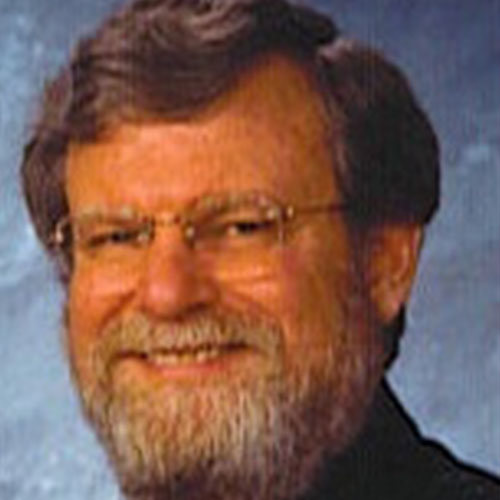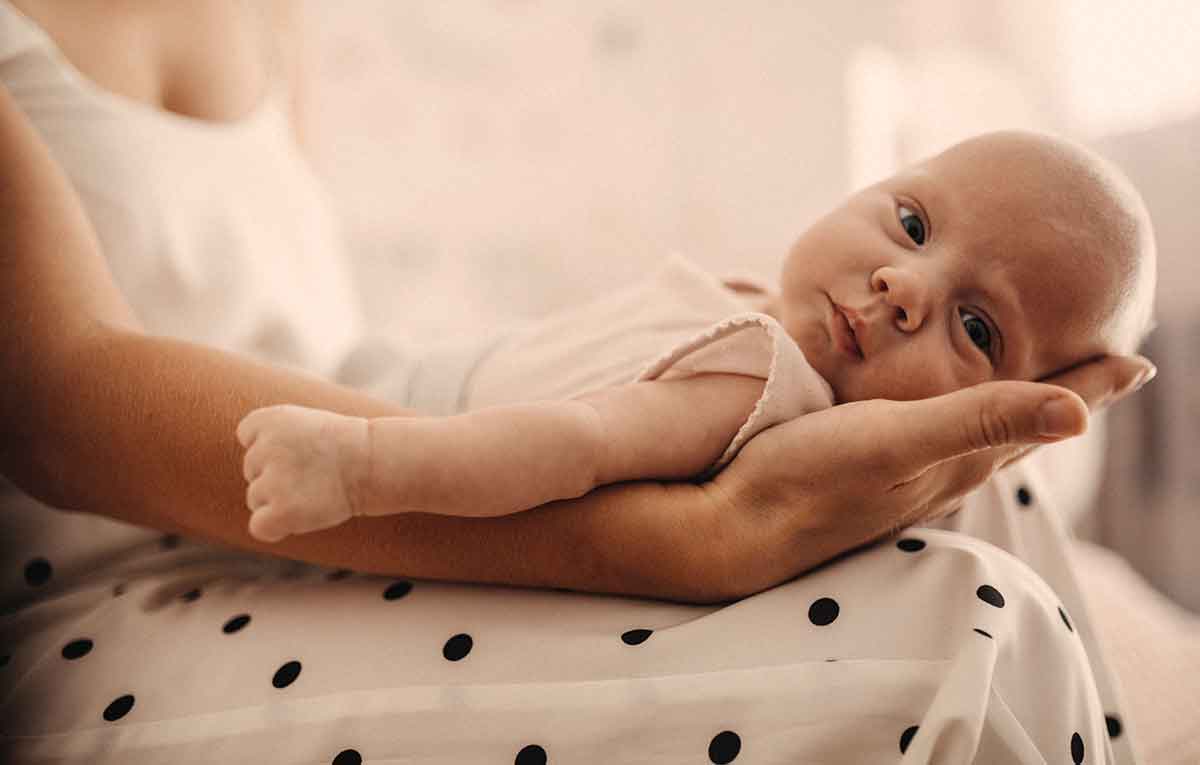The Father as Protector of the Mother and Child Unity
In describing the father’s role I have in mind the devoted father who has entered the developmental phase of parenthood. Not all fathers, just as not all mothers, are successful in achieving this goal. This need not deter from delineating this function to which it is hoped all fathers aspire and which many reach as they mature.
English pediatrician, psychiatrist and psychoanalyst Donald Woods Winnicott, M.D. (1896-1971) wrote that with her newborn the mother should behave in a way which at other times in her life we would have to consider quite pathological. She should largely withdraw her investment from the reality world around her to invest primarily in the unit that is she and her baby. In this exclusive investment she will accommodate to the transition from the baby within as a part of herself to the baby without, still essentially a part of herself.
She will use this unique closeness to get to know her baby’s particular cries and signals, what makes the baby at ease and distressed, to provide the closeness and responses out of which the baby will learn to recognize her as the one who fulfills its needs and will begin to experience her as the source of pleasure.
Dr. Winnicott defines clearly his view of the father’s role at this phase of life, a role which in many ways is never to change; modify, yes, but perhaps never to disappear. It is the position of the protector of the mother and child unity and relationship, as if he were to encompass them in his arms and keep them safe from outside interferences so that the mother can devote herself to establishing her relationship with the baby.
This primacy of the mother with the child is something some men, perhaps particularly men who work professionally with children, may have difficulty appreciating emotionally. I have worked with mothers, wives of professionals, who have felt that their husbands acted as if they knew better and subtly, oh so subtly, have undermined the mother’s role.
The view of the father’s initial role of protecting and supporting the primacy of the mother and child relationship may say something about my suspicions and reserve about those who believe the father’s early role is that of a mother substitute. If that is what the mother wants and needs at some moments to get respite so that she can better return to her tasks as need fulfiller, all fine and good. That would make him a mother substitute at her wish, in response to her needs, not in response to the father’s needs and wishes.
What is being addressed here primarily is how a father deals with his maternal side without interfering with the mother’s mothering. All fathers have such a side. Along with feeding, diapering and bathing (among other activities) one hopes that early on in his parenting a father will also learn to obtain gratification through his pride in, and the support and protection of, his wife’s maternal side. In doing so he is of enormous help to the mother and to his child.
Along with the first months of life, there are two other specific times when the father’s relationship to the mother may be crucial for the child’s well-being. These are during the toddler phase and at those times when a mother has to be there to be left.
During the toddler phase, perhaps more than at any other time (although not exclusively then), a mother’s adult personality makeup gets a severe test when she spends hour after hour, day after day and week after week with dirty diapers and bottoms, runny noses and food all over the floor, face and clothes. It is difficult to confront constantly these early instinctual manifestations, and every woman will need an opportunity to have very civilized, very adult times with her husband to re-cement her adult personality. The mother of a toddler periodically needs special mature and civilized adult times, be they just simple times of adult conversation.
As to the times of being there to be left, some of these impinge primarily on the mother, for example, weaning and the start of nursery school. At those times a father who understands, and is still there for the mother after she has been left by the child, can be a big help. At later times, the start of college, living away from home or marriage of the children, the being left is still hard but it is more readily understood because it affects both parents more equally. It is shared and they can help one another.
Reference
Donald Woods Winnicott, The Maturational Process and the Facilitating Environment: Studies in the Theory of Emotional Development. International Universities Press, New York, 1965.

